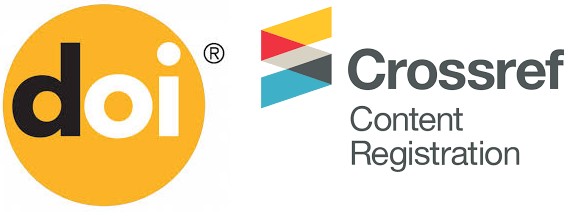Studies and researches
2/2025
How Much Can the Monetary Policies of Small Open Economies Neighbouring the Eurozone Be Independent?
This paper examines the argument that a small open
economy with goods and service markets integrated into a major currency block
has decreased autonomy over its monetary policy. The idea is derived from
Optimum Currency Area theory (OCA), which tries to answer the question of what
economic area is supposed to share one common currency. The main cost of
joining a common currency area is a loss of independent monetary policy of the
economy. Independence of monetary policy can be interpreted as the ability to
set interest rates autonomously of the international interest rates. The de
facto independence of an economy is strongly influenced by its size and market
integration as R. McKinnon famously noted. Therefore, the paper's question is:
do the countries abstaining from joining the Eurozone have a truly independent
monetary policy? If the independence of their monetary policy is low, then the
cost of joining the Eurozone is also low. The topic is highly relevant for the
examined countries as five of them are legally bound to accept Euro. Therefore,
the costs of losing "not so independent" monetary policy should not
be so high. We analyze the data if the European countries with sovereign
currency follow the monetary policy of the Eurozone and the United States. As
previous literature stated, the independent monetary policy sets the interest rates
to impact the economy's internal balance. On the other hand, if the central
bank uses its interest rate tool to affect the exchange rate, then the monetary
policy is not so independent. The results show that the monetary authorities of
the United Kingdom, Sweden, and Denmark follow the lead of the European Central
Bank much more evidently than the Czech Republic, Hungary, Poland, and Romania.
monetary policy, OCA, common currency, market integration
E50, E47, E02
E50, E47, E02














